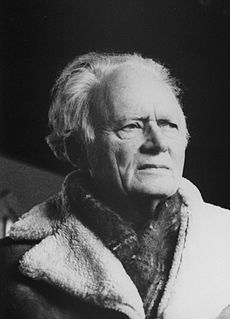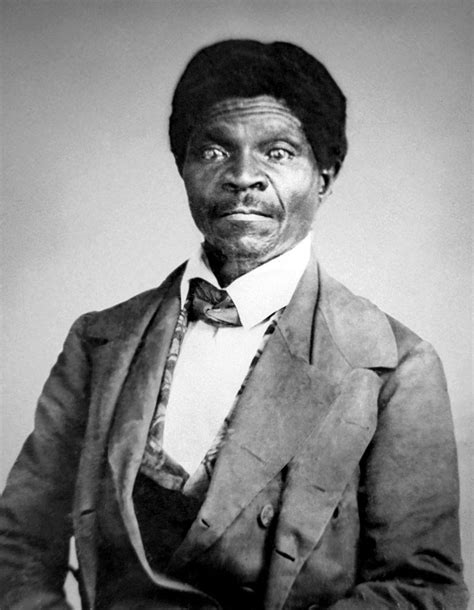A Quote by Steven Pinker
Equality is not the empirical claim that all groups of humans are interchangeable; it is the moral principle that individuals should not be judged or constrained by the average properties of their group.
Related Quotes
I believed in looking at people as individuals, not in groups. I hated groups; still do. And I saw particularly the university, the university artists really acted as a group. The others didn't so much, but the university people took advantage of that and behaved like a group, rather than as individuals. They had a lot of power that way.
It should be apparent that the belief in objectivity in journalism, as in other professions, is not just a claim about what kind of knowledge is reliable. It is also a moral philosophy, a declaration of what kind of thinking one should engage in, in making moral decisions. It is, moreover, a political commitment, for it provides a guide to what groups one should acknowledge as relevant audiences for judging one's own thoughts and acts.
The importance of group theory was emphasized very recently when some physicists using group theory predicted the existence of a particle that had never been observed before, and described the properties it should have. Later experiments proved that this particle really exists and has those properties.
People are wonderful. I love individuals. I hate groups of people. I hate a group of people with a 'common purpose'. 'Cause pretty soon they have little hats. And armbands. And fight songs. And a list of people they're going to visit at 3am. So, I dislike and despise groups of people but I love individuals. Every person you look at; you can see the universe in their eyes, if you're really looking.
There exists no third principle for the organisation of the economics process which can be rationally chosen to achieve any desirable ends, in addition to either a functioning market in which nobody can conclusively determine how well-off particular groups or individuals will be, or a central direction where a group organised for power determines it.



































